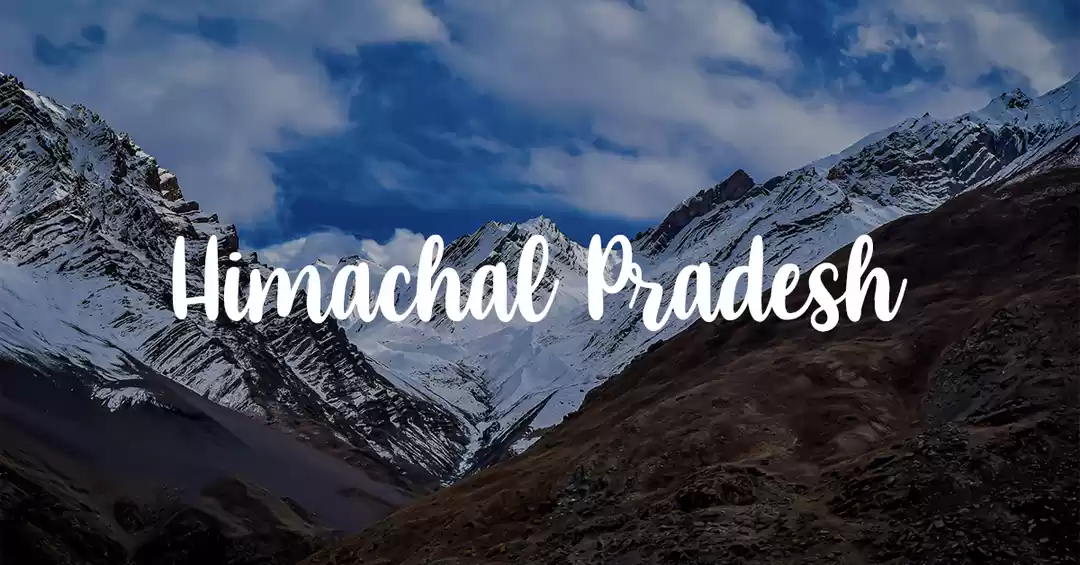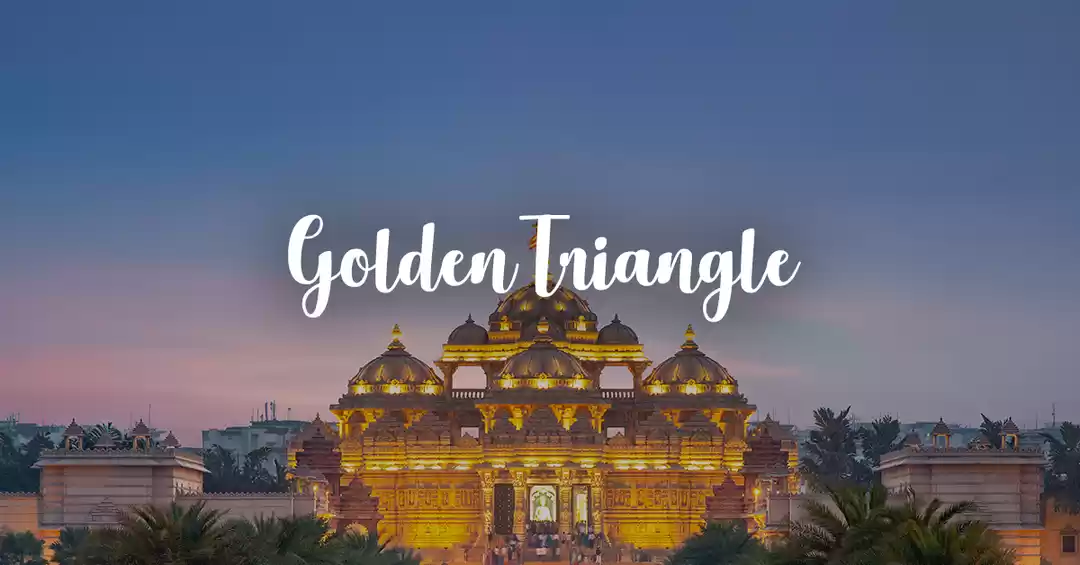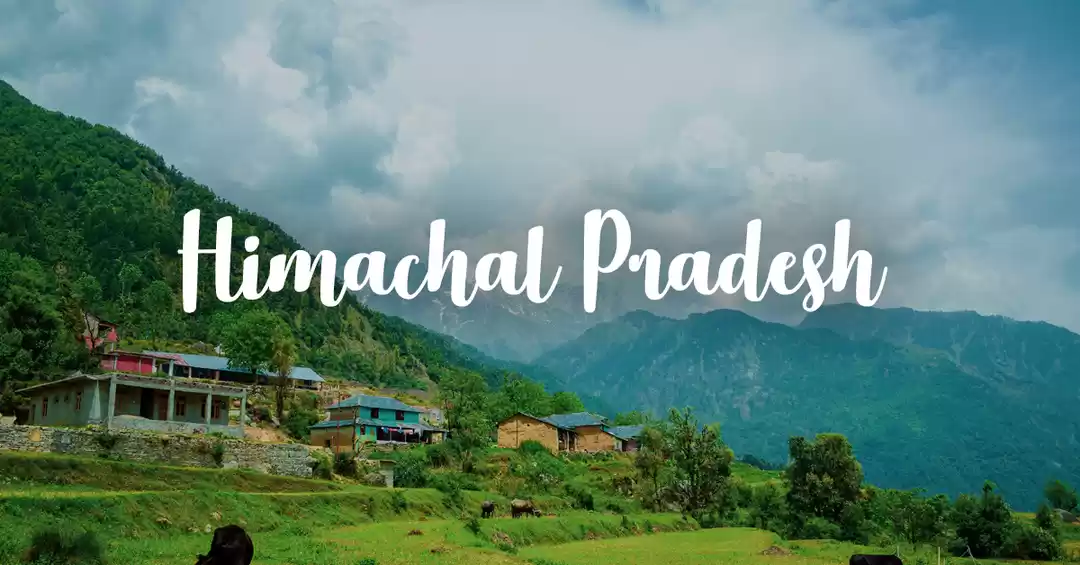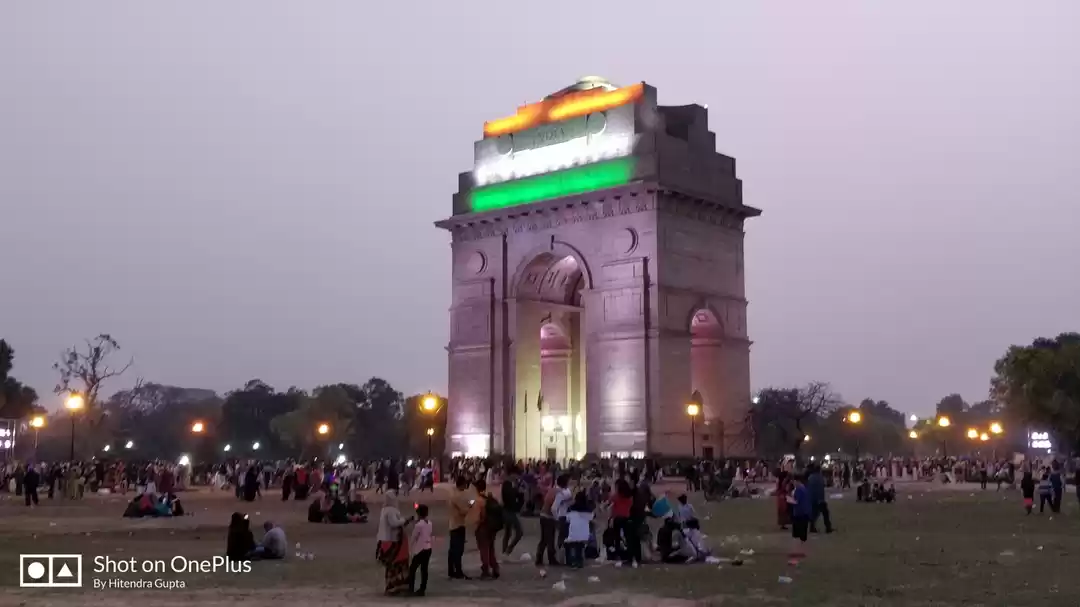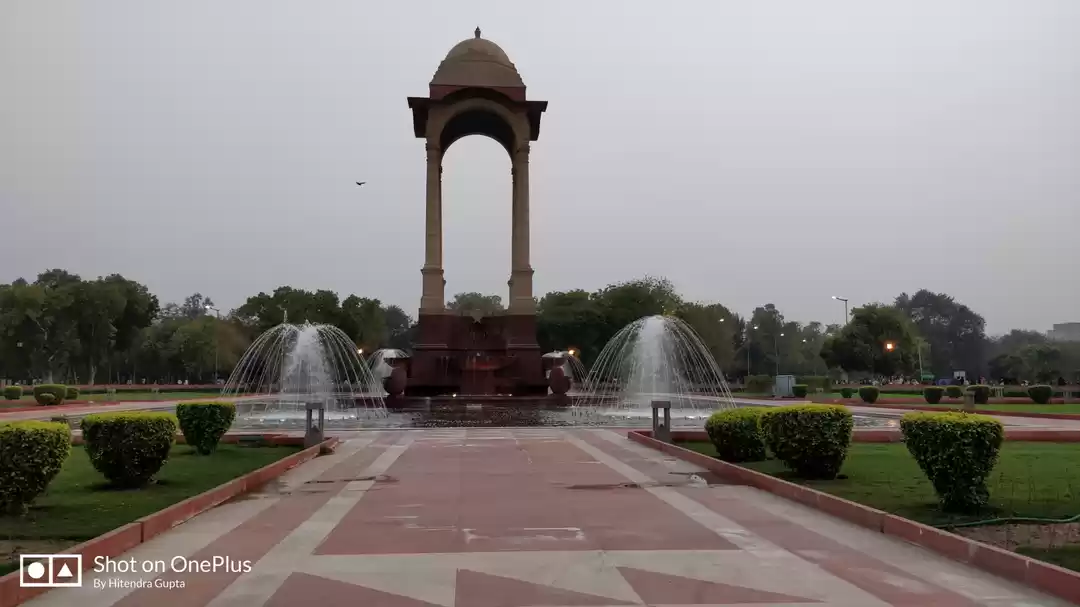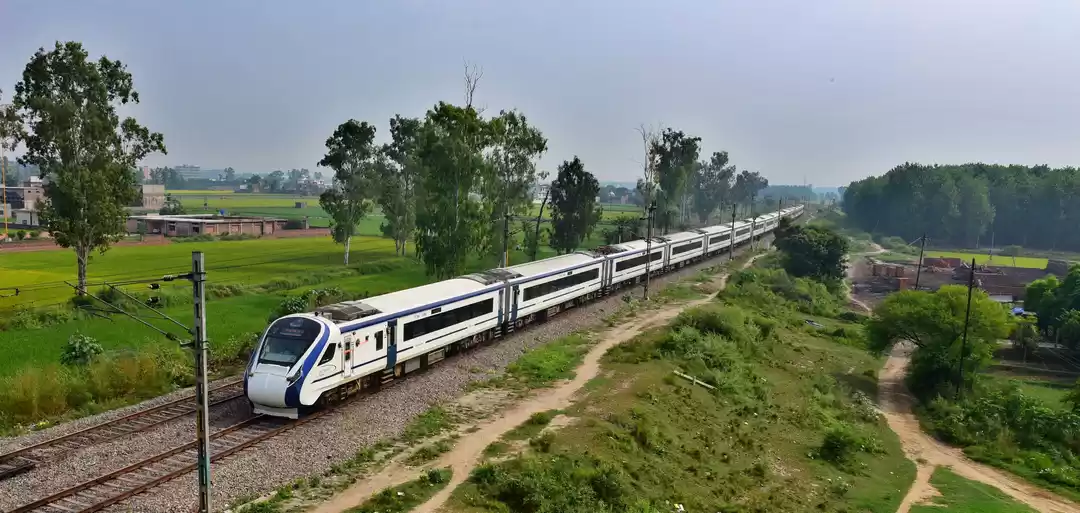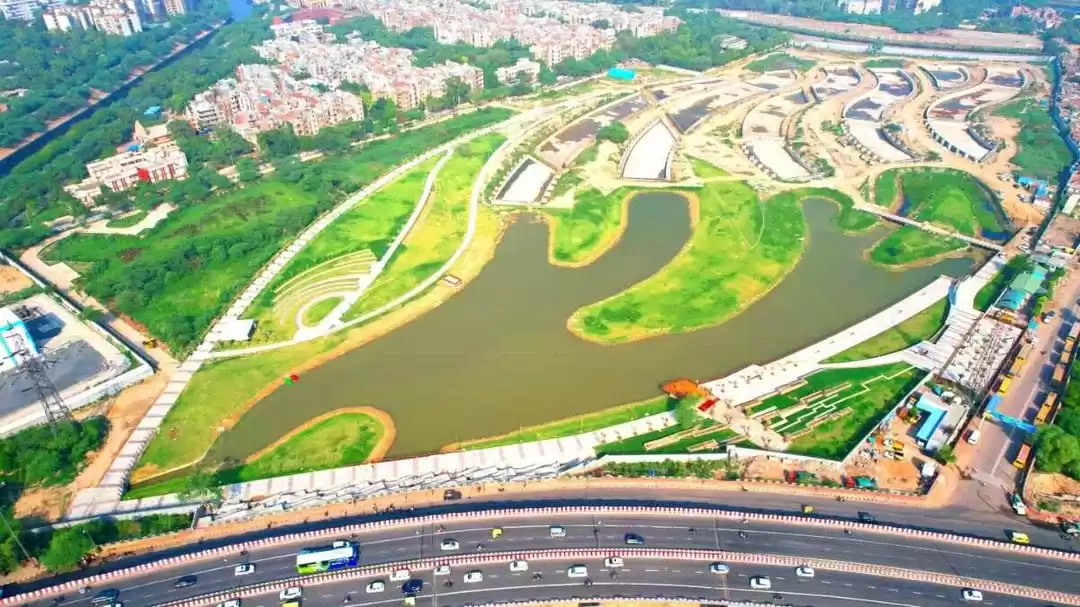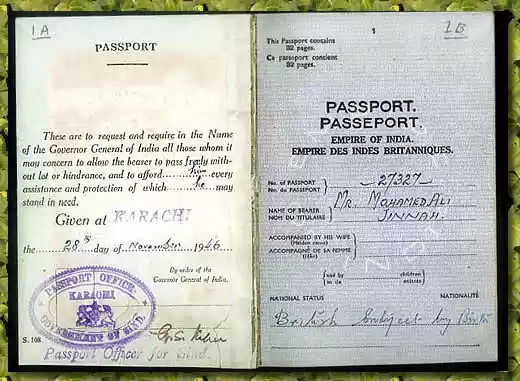"Madam, aapne apni beti ke form mein father's name nahi likha hai".
(Madam, you haven't filled in the father's name in your daughter's form).
"Hum ab saath nahi hai, main single mother hun".
(We are not together anymore, I'm a single mother).
"Oh! Aap unka naam likh do aur unki permission le lo".
(Oh! Just write his name and get his permission).
"Usne kabhi dekha he nahi hai father ko, naam dalne ki kya zaroorat hai?"
(She has never seen him; I don't see a need for his name to be on her passport).
"Naam hi toh hai. Father ke naam aur permission ke bina to kuch nahi hoga".
(It's just a name. We can't proceed without the father's name and permission).
This is a conversation I overheard a few years ago at the passport office in New Delhi. But now, thankfully, this will be a thing of the past. In order to conform to the social necessities of the time, the Minister of State for External Affairs has announced new set of rules for passports in India and the application process for them.
The new rules have been introduced in various categories including orphaned children, single mothers, government employees and sadhus, among others.

Here are the key takeaways from new rules on passports in India and the application:
1. Proof of date of birth
Before
All applicants born on or after January 26, 1989, were mandated to submit a Birth Certificate as proof of Date of Birth (DOB).
Now
As per new rules, the passport authority has mentioned that eight different documents can now be submitted as proof of Date of Birth. These documents are:
• Birth Certificate (BC) issued by the Registrar of Births & Deaths or the Municipal Corporation or any other prescribed authority whosoever has been empowered under the Registration of Birth & Deaths Act, 1969 to register the birth of a child born in India.
• Transfer/School leaving/Matriculation Certificate issued by the school last attended/recognised by educational board and containing the DOB of the applicant.
• PAN Card issued by the Income Tax Department with the DOB of applicant.
• Aadhar Card/E-Aadhar having the DOB of applicant.
• The copy of the service record of the applicant of Government servant or the Pay Pension Order of the retired government Servants duly attested or certified by the officer-in-charge of the Administration of the concerned Ministry or Department of the applicant, having his Date of Birth (DOB).
• Driving licence issued by the Transport Department of concerned State Government, having the DOB of applicant.
• Election Photo Identity Card (EPIC) issued by the Election Commission of India having the DOB of applicant.
• Policy Bond issued by the Public Life Insurance Corporations/Companies having the DOB of the holder of the insurance policy.
2. Name of only one parent or legal guardian is required
A committee, comprising the officials of the Ministry of External Affairs and the Ministry of Women and Child Development, was earlier formed in order to examine various issues pertaining to passport applications where mother/child has insisted that the name of the father should not be mentioned on the passport and also issues relating to adopted children and children with a single parent.
The report has been accepted by the Minister of External Affairs.
Before
The names of both parents were mandatory to be provided at the time of applying for the passport.
Now
• The online passport application form now requires the applicant to provide the name of father or mother or legal guardian, i.e., only one parent and not both. This will let single parents apply for passports for their children without involving the other parent.
• The passport application form does not require the applicant to provide the name of her/his spouse in case of separated or divorced persons. Such applicants for passports will not be required to provide even the Divorce Decree.
3. Number of annexes reduced
• The total number of Annexes prescribed in the Passport Rule, 1980, has been brought down to 9 from 15. Annexes A, C, D, E, J, and K have been removed and certain Annexes have been merged.
• All the annexes that are required to be given by the applicants would be in the form of a self declaration on a plain paper. No attestation/swearing by/before any Notary/Executive Magistrate/First Class Judicial Magistrate would be henceforth necessary.
4. Married applicants will not be required to provide Annexure K or any marriage certificate.
5. Orphaned children who do not have any proof of DOB such as Birth Certificate or the Matriculation Certificate or the declaratory Court order, may now submit a declaration given by the Head of the Orphanage/Child Care Home on their official letter head of the organization confirming the DOB of the applicant.
6. In case of children not born out of wedlock, the applicant for the passport of such children should submit only Annexure G while submitting the passport application.
7. In case of issue of passport to in-country domestically adopted children, submission of the registered adoption deed would no longer be required. In the absence of any deed to this effect, the passport applicant may give a declaration on a plain paper confirming the adoption.
8. Government servants, who are not able to obtain the Identity Certificate (Annexure-B)/ No-Objection Certificate (Annexure-M) from their concerned employer and intend to get the passport on urgent basis can now get the passport by submitting a self-declaration in Annexure-‘N’ that he/she has given prior Intimation letter to his/her employer informing that he/she was applying for an ordinary passport to a Passport Issuing Authority.
9. Sadhus/ Sanyasis can apply for a passport with the name of their spiritual Guru mentioned in the passport application in lieu of their biological parent(s) name(s) subject to their providing of at least one public document such as Election Photo Identity Card (EPIC) issued by the Election Commission of India, PAN card, Adhar Card, etc wherein the name of the Guru has been recorded against the column(s) for parent(s) name(s)
Read the official press release here
What do you think about the new rules for passports in India? Share your opinions in the comment section below.
Tell us about your own unusual travel experiences in the lesser-known destinations around India. Share your travel stories, photographs and videos with like-minded travellers on Tripoto.



